Dhaka, Aug 15 (V7N) – In a statement that challenges one of Bangladesh’s most entrenched political narratives, NCP convener Nahid Islam has said that Sheikh Mujibur Rahman, while instrumental in the country's independence, should not be regarded as the Father of the Nation. The comment, published via Islam's verified Facebook account on Friday afternoon, criticized what he called the “cult of Mujib” and described the ideology of "Mujibism" as a form of political authoritarianism.
Nahid Islam alleged that under Mujib's rule, Bangladesh became a de facto colonial outpost of India. “In 1972, a constitution that went against the public interest was imposed, and the foundation was laid for looting, political killings, and one-party dictatorship through BAKSAL,” he wrote.
He further argued that the Awami League used Mujib’s name and legacy to justify decades of authoritarian governance, corruption, and repression. “Under the façade of democracy, a neo-feudal system was created where citizens were divided into first- and second-class groups,” Islam said. “Worship of Mujib and the Liberation War was imposed on people as a tool for fascist rule.”
Referring to the 2024 mass uprising that overthrew the Awami League-led government, Nahid Islam described it as a “people’s rebellion that dismantled that feudal structure.” He emphasized that no individual, ideology, or family should be allowed to monopolize national identity or power. “The term ‘Father of the Nation’ is not a part of history—it has been weaponized to shrink the state and enforce fascist control through the Awami League,” he claimed.
Islam went on to define "Mujibism" as an ideology rooted in fascism, division, and repression, citing enforced disappearances, political killings, human rights violations, and religious discrimination as consequences. He accused Mujib-era politics of being responsible for land grabbing, capital flight, and selling national sovereignty to foreign powers.
“Mujibism is a danger to the republic,” he said, calling for a political, ideological, and cultural resistance to defeat it. He concluded by reaffirming NCP's goal of building a democratic and sovereign Bangladesh where no individual or group stands above the people. “Bangladesh is not private property. It belongs to its citizens,” he stated.
Nahid Islam, who also played a central role in the one-point movement that catalyzed the July 2024 uprising, has increasingly positioned himself as a voice of post-Awami League opposition politics. His statement is expected to fuel further debate over national identity and the legacy of Bangladesh’s founding leadership.
Authorities and mainstream political leaders have yet to issue an official response to Islam’s remarks.
END/SMA/AJ/




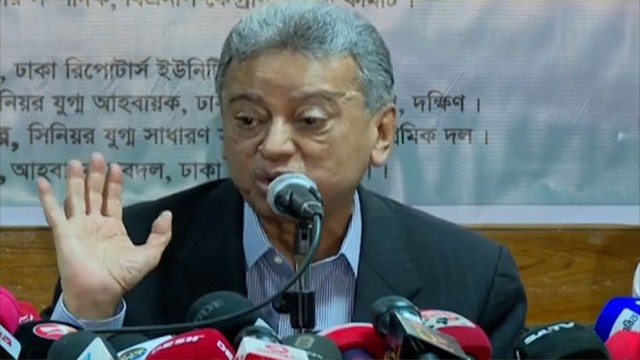
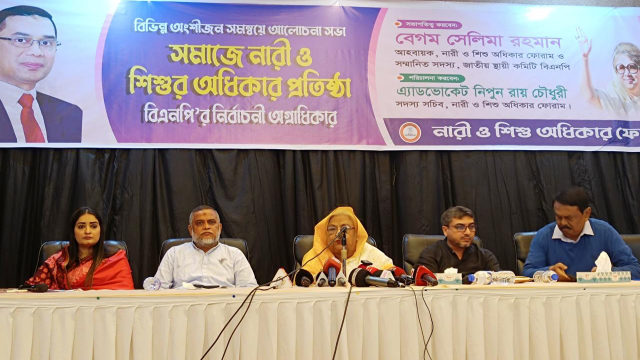

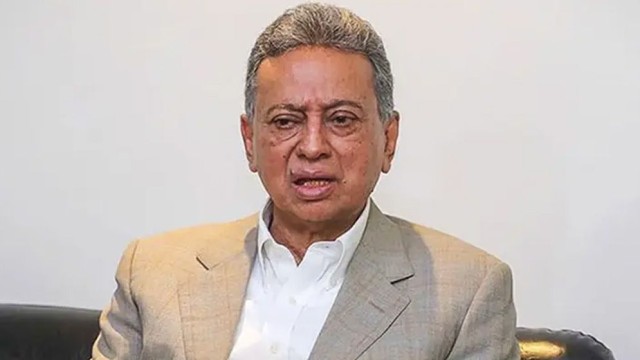
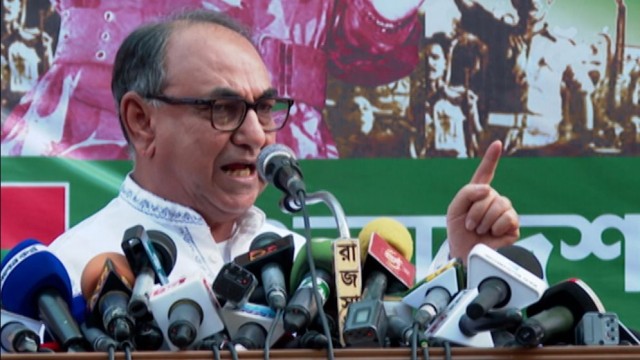
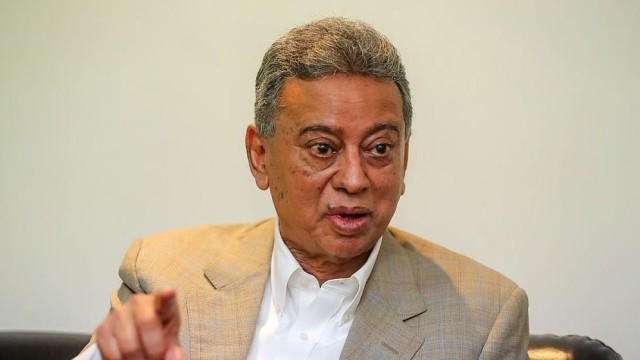
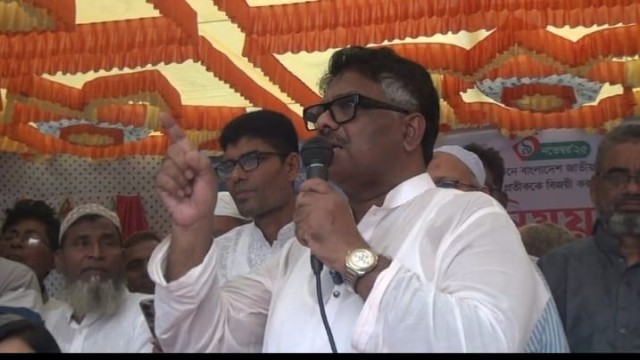

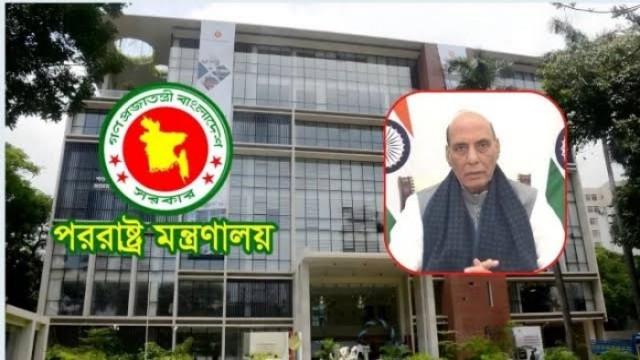
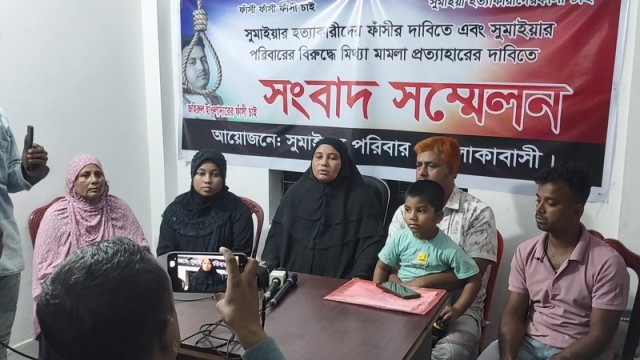










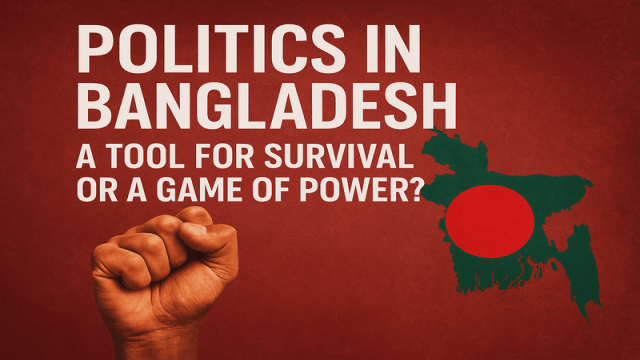
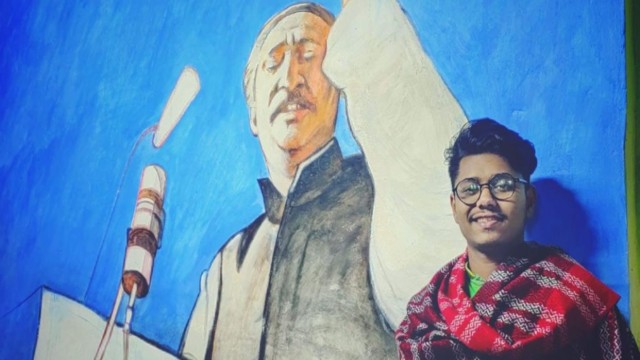





Comment: